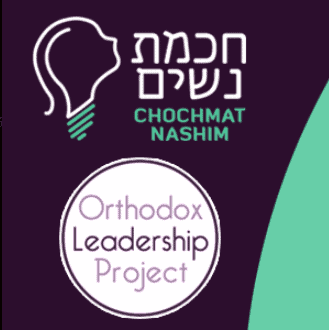At one time, schoolchildren were taught that they would be drilled in the “three R’s” (reading, [w]riting and [a]rithmetic). In the Torah readings of recent weeks, we have come across a different series of “R’s” that Joseph’s brothers seemed to have been schooled in: reviling, rage and rivalry. As many of us are familiar with, the elder brothers reviled their younger brother whose dreams predicted he would lord over them, and whose multicolored coat evoked rage and rivalry. Their hatred was so intense that it led them to throw Joseph in a pit, debating the merits of whether to kill him or sell him.
Judah failed to rise to the challenge, do the right thing, and save his brother. He said, “Let’s sell him.” But what to tell their elderly father Jacob?
They hatched a scheme whereby they took Joseph’s multicolored coat, and dipped it in goat’s blood. Bringing it to their father, they asked Jacob, “Haker na,” “Do you recognize this?” This phrase, “do you recognize,” will be one that not only haunts Jacob, but the brothers throughout the Joseph saga.
